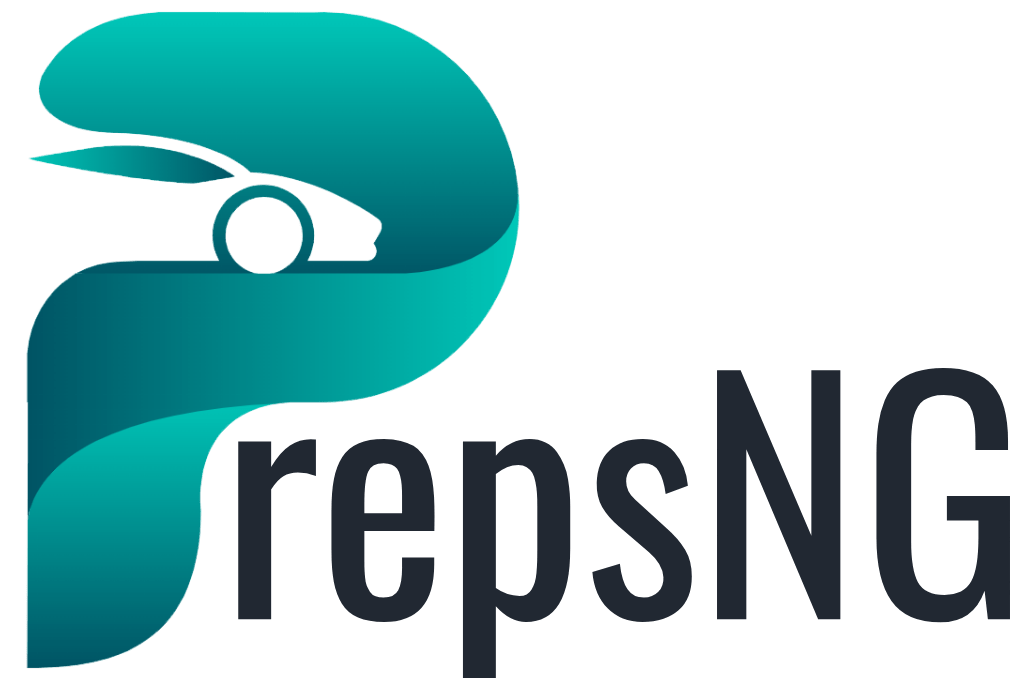JAMB Subject Combination for Animal Psychology: Are you interested in understanding animal behaviour and applying psychological principles to improve animal welfare? If you desire a career in animal psychology, you need to choose the right subjects for your JAMB UTME/Direct Entry exam to gain admission into a university program.
This comprehensive guide explores the core and optional subject combinations for animal psychology to help you maximize your chances of admission success.
An Overview of Studying Animal Psychology in Nigeria
Animal psychology is an interdisciplinary field that studies the behaviour, cognitive abilities, emotions and motivations of animals. It applies psychological theories to understand how animals interact with each other and their environment.
Join any of our Social Media Pages to receive Latest Updates!As an animal psychology student, you will learn about:
- Comparative psychology – comparing animals and humans
- Behavioural biology – the science of animal behaviour
- Ethology – the evolution of animal behaviour
- Animal cognition – mental processes of animals
- Zoology – the fundamentals of animal biology
This knowledge equips you for careers such as:
- Animal behaviour research
- Wildlife conservation
- Zoo research and management
- Animal training
- Veterinary medicine
- Animal rehabilitation
- Animal welfare advocacy
Gaining admission into competitive animal psychology programs requires choosing suitable JAMB subject combinations. Let’s explore your options:
Compulsory JAMB Subjects for Animal Psychology
To qualify for university animal psychology courses, there are 3 core compulsory subjects you must take:
1. Biology
Biology provides the foundation for understanding animal physiology, diversity, evolution and behaviour which are all crucial for specializing in animal psychology later on. Your JAMB syllabus will cover key topics like:
Join any of our Social Media Pages to receive Latest Updates!- Cell Biology
- Plant and animal biology
- Ecology
- Genetics
- Reproduction
- Embryology
Having a rock-solid grasp of biology concepts from the start will prime you for success when studying animal psychology theories.
2. Chemistry
Studying chemistry equips you with a useful understanding of atomic structure, chemical bonding, properties of elements, energy changes, equilibrium etc. which aids in studying animal nutrition, hormones and physiology.
Key areas in your JAMB chemistry syllabus include:
- Atomic structure and properties
- Chemical equations
- Acids, bases and salts
- Organic chemistry
- Chemistry of carbon compounds
3. Mathematics
Mathematics helps hone your problem-solving and analytical skills which are crucial when designing animal behavior research, analyzing data and making deductions. Areas like algebra, statistics, trigonometry and probability learned will be very useful.
So in summary, the 3 compulsory JAMB subjects for animal psychology are Biology, Chemistry and Mathematics.
Optional JAMB Subjects for Animal Psychology
Join any of our Social Media Pages to receive Latest Updates!To complete your combo, you need to add one more subject. Great options include:
Physics
Studying physics provides useful concepts relating to waves, optics, forces, motion etc. which aids the study of animal senses, movements and orientation abilities. It builds your science base.
Geography
Geography gives you a background in mapping, ecological patterns, climate and weather – very useful for field research in animal ethology and wildlife studies.
English
English language strengthens your reading comprehension and communication skills to write assignments, read textbooks and journals, and present seminars during your degree program.
Economics
For students interested in the business aspects, economics provides useful skills in microeconomics, macroeconomics, accounting and marketing principles applicable when working in areas like wildlife tourism management.
Government
Learning about government policies and administrative structures provides useful context for roles in public agencies dealing with animal welfare and conservation like veterinary services.
Literature in English
For direct entry candidates, literature in English develops language and writing skills which enhances your ability to cope with degree-level coursework.
So in summary, you can pick from:
- Physics
- Geography
- English
- Economics
- Government
- Literature in English
Complete JAMB Subject Combinations for Animal Psychology
Based on the above, these are complete combinations you should consider:
For UTME (100 Level Entry)
- Biology, Chemistry, Mathematics and Physics
- Biology, Chemistry, Mathematics and Geography
- Biology, Chemistry, Mathematics and English
- Biology, Chemistry, Mathematics and Economics
For Direct Entry (200 Level Entry)
- Biology, Chemistry, Mathematics and Literature in English
- Biology, Chemistry, Mathematics, Physics and Government
Pick a combination that caters to your strengths and interests.
Tips to Excel in Your Animal Psychology Subjects
To achieve top grades in your selected JAMB subjects, here are some handy tips:
Subject-Specific Tips
For Biology:
- Extensively study botany, zoology, microbiology and physiology topics relevant to animals.
- Revise genetics, ecology, evolution and behavioural biology principles.
- Practice drawing accurate diagrams of biological systems and processes.
For Chemistry:
- Learn chemical equations, formulae, periodic table trends, and organic reactions thoroughly.
- Understand atomic structure, chemical bonding, mole concept and equilibrium principles.
- Perform experiments frequently to improve practical skills.
For Mathematics:
- Master relevant formulas, theorems, statistical methods, algebraic techniques and probabilities.
- Practice solving complex mathematical problems using logical step-by-step approaches.
- Work regularly with mathematical tools like graphs, matrices and calculators.
For Physics:
- Grasp concepts like mechanics, thermodynamics, waves, optics, electromagnetism, etc.
- Understand the units of measurement and constants used in experiments.
For Geography:
- Study climatology, biogeography, geomorphology, and mapping in-depth.
For Economics:
- Learn key micro and macroeconomic theories relevant to animal-related businesses and markets.
General Tips
- Use recommended textbooks to adequately cover each subject’s syllabus.
- Study with a clear timetable and devote more hours to challenging topics.
- Attempt past JAMB questions to continually assess your knowledge levels.
- Practice working speedily yet accurately when answering questions.
Using these tips will help you excel in your chosen JAMB subjects for animal psychology.
FAQs on JAMB Subject Combination for Animal Psychology
Here are some answers to frequently asked questions on the right subjects for animal psychology:
Is Mathematics compulsory for studying animal psychology?
Yes, Mathematics is essential for building relevant analytical skills.
Can I use commerce subjects like Business Studies?
You need core science subjects. Commerce subjects may not be widely accepted.
Can I apply without Chemistry or Physics?
It’s not advisable to omit the core science subjects. Having all three improves your chances.
Does Agricultural Science qualify as a JAMB subject for animal psychology?
The required subjects are specified as Biology, Chemistry and Mathematics. Don’t replace them.
Can English Language substitute Physics or Geography?
Yes, English can replace the 4th science/arts subject if preferred.
I hope these clarifications help you pick suitable JAMB subject combinations for animal psychology.
Wrapping Up
Choosing the right subject combination is crucial for gaining admission into your desired animal psychology degree program. With core Biology, Chemistry, Mathematics and one other relevant subject, you will have the necessary knowledge base and skills. Use this guide to select suitable JAMB subject combinations tailored to your strengths and career goals.
I hope this post has answered all your queries. If you have any questions or comments about JAMB Subject Combination for Animal Psychology, please feel free to leave them in the comments section below, I will be happy to answer them. And don’t hesitate to share it with others who might find it helpful too!!




![UNIPORT Admission Requirements [year]/[nyear]: Everything You Need to Know 3 UNIPORT Admission Requirements](https://www.preps.ng/wp-content/uploads/2023/10/UNIPORT-Admission-Requirements-150x150.webp)










